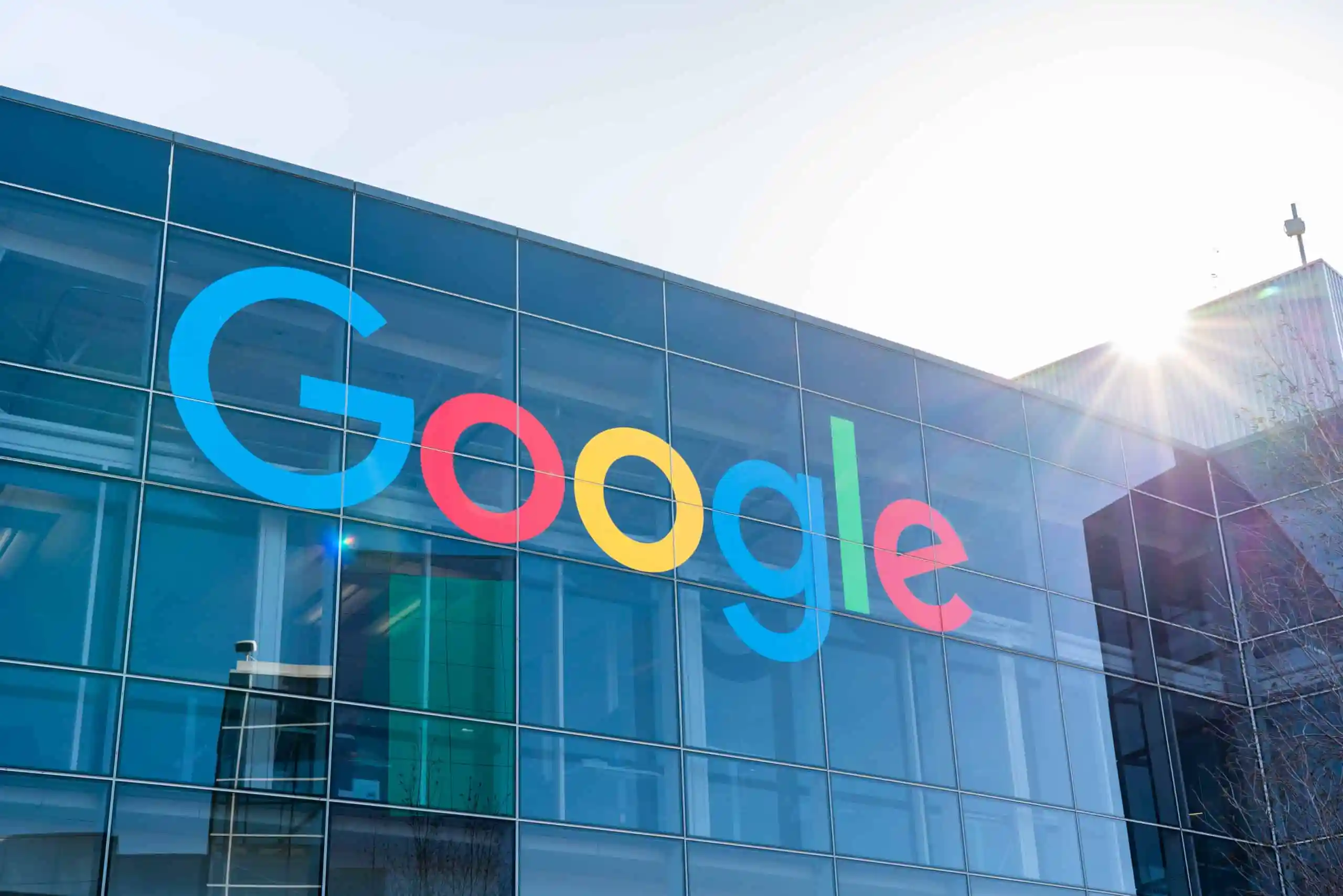Google proudly commemorates its milestone 25th anniversary this year.
Larry Page and Sergey Brin founded Google at Stanford, and swiftly steered it from a mere search engine to a digital advertising powerhouse.
Now, it manages 8.5 billion daily searches and actively serves ads to 89 million websites.
Today, under Alphabet Inc., it’s valued at an impressive $1.66 trillion and has given us popular products like Chrome, Android, Gmail, and Drive.
The tech giant’s journey wasn’t always smooth. Critics often point out Google’s propensity to prioritize its services and well-paying clients in search results.
There’s growing concern over the company’s extensive data collection without explicit consent from users.

Its reliance on this data for targeted advertising amplifies privacy issues.
Accusations also include manipulating search results, spreading misinformation on its platforms, and unfair Play Store practices that sideline smaller developers.
Some even view acquisitions, such as DoubleClick, as power consolidation moves.
Collaborations with specific governments and questionable tax practices in several countries have also attracted scrutiny.
Despite criticisms, Google’s impact on the digital landscape is undeniable.
As the company, guided by CEO Sundar Pichai, delves deeper into areas like artificial intelligence, the world watches with bated breath.
Google Biased
Interestingly, the 1792 Exchange organization ranked Google at the top in a ‘corporate bias’ survey, suggesting this company is most likely to sever ties with users based on divergent views.
This blemish underscores Google’s wavering dedication to diverse viewpoints in a climate where corporate actions and cancel culture are scrutinized.
Reflecting on its history, Google has maneuvered the balance between innovation and dominance.
While founders Larry and Sergey initially prioritized user benefits, profit-driven decisions have since altered the company’s course.
Lessons from past tech monopolies remind us of the importance of fairness and transparency in guiding the future of such influential entities.
Download the Google score in the corporate bias survey here.

